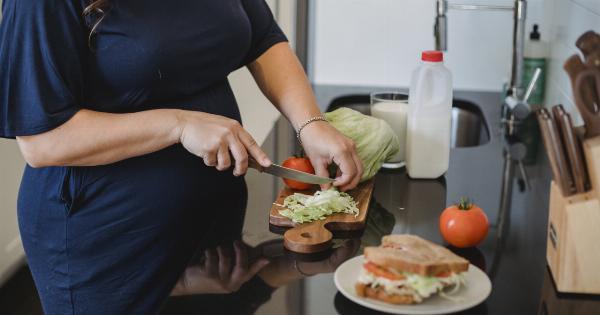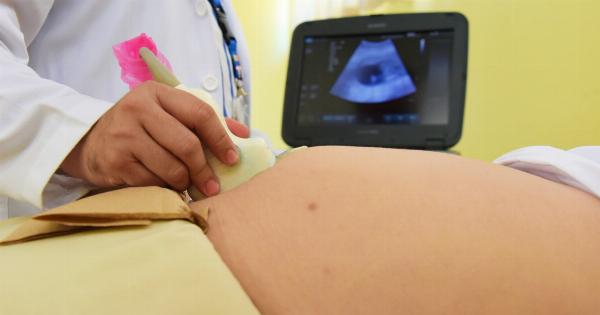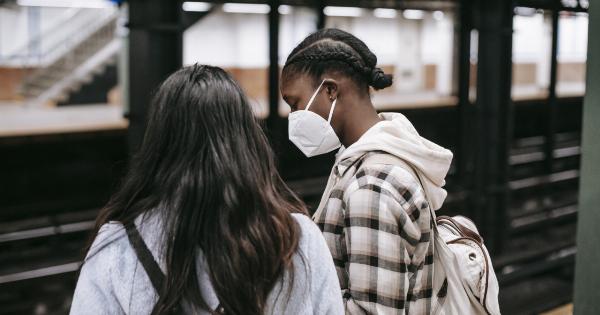Gastroenteritis, commonly known as the stomach flu, is a condition that causes inflammation of the stomach and intestines. It is usually caused by a viral or bacterial infection and leads to symptoms like nausea, vomiting, diarrhea, and stomach pain.
While it can be a common ailment, there are steps you can take to reduce your risk of contracting it. By following these simple guidelines, you can protect yourself and others from gastroenteritis.
1. Wash Your Hands
One of the most effective ways to prevent the spread of gastroenteritis is to wash your hands thoroughly and regularly. Use soap and warm water, and scrub your hands for at least 20 seconds.
Make sure to wash all surfaces, including the backs of your hands, between your fingers, and under your nails. This simple act can remove any potential viruses or bacteria from your hands and prevent you from ingesting them.
2. Practice Proper Food Handling
When it comes to avoiding gastroenteritis, proper food handling techniques are crucial. Always wash fruits and vegetables before consuming them. Avoid cross-contamination by using separate cutting boards and utensils for raw meat and other foods.
Cook meat, poultry, and seafood to their recommended internal temperatures to kill any bacteria that may be present. Finally, refrigerate leftovers promptly to prevent the growth of harmful bacteria.
3. Be Mindful of Water Sources
Contaminated water is a common source of gastroenteritis-causing bacteria and viruses. Make sure that your drinking water comes from a safe source.
If you are unsure about the quality of your tap water, consider using a water filter or drinking bottled water. When traveling to areas with questionable water supplies, stick to bottled or boiled water and avoid consumption of ice cubes or beverages made with tap water.
4. Stay Away from Sick Individuals
Gastroenteritis is highly contagious and can be easily transmitted from person to person. If you know someone who is suffering from gastroenteritis, try to limit contact with them until they have fully recovered.
Avoid sharing utensils, food, or drinks with anyone who is exhibiting symptoms of gastroenteritis. This will minimize your chances of coming into contact with the virus or bacteria causing the illness.
5. Maintain a Clean Environment
Keeping your surroundings clean can help prevent the spread of gastroenteritis. Regularly disinfect commonly touched surfaces, such as doorknobs, light switches, countertops, and bathroom fixtures.
Pay extra attention to areas where germs can easily thrive, like kitchen sponges and cutting boards. By maintaining a clean environment, you can reduce the risk of contamination and the spread of the illness.
6. Follow Good Personal Hygiene Practices
In addition to handwashing, there are other personal hygiene practices that can help protect you from gastroenteritis. Avoid touching your face, especially your mouth, nose, and eyes, as these are common entry points for viruses and bacteria.
Cover your mouth and nose with a tissue or your elbow when you cough or sneeze to prevent the spread of germs. Dispose of used tissues properly and wash your hands afterwards.
7. Take Precautions While Traveling
When traveling, it is important to take extra precautions to avoid gastroenteritis. Be mindful of the food and water you consume, particularly in areas with poor sanitation. Opt for hot, well-cooked foods and avoid raw or undercooked dishes.
Drink bottled water or use a reliable water filter system. Also, consider bringing hand sanitizer with you for times when soap and water are not readily available.
8. Stay Up to Date with Vaccinations
Some cases of gastroenteritis can be prevented through vaccination. Stay updated with routine vaccinations, such as rotavirus vaccines for infants and children.
These vaccines can significantly reduce the risk of severe gastroenteritis caused by rotavirus, a common virus that affects young children. Speak to your healthcare provider to ensure you and your family are up to date with all recommended vaccinations.






























